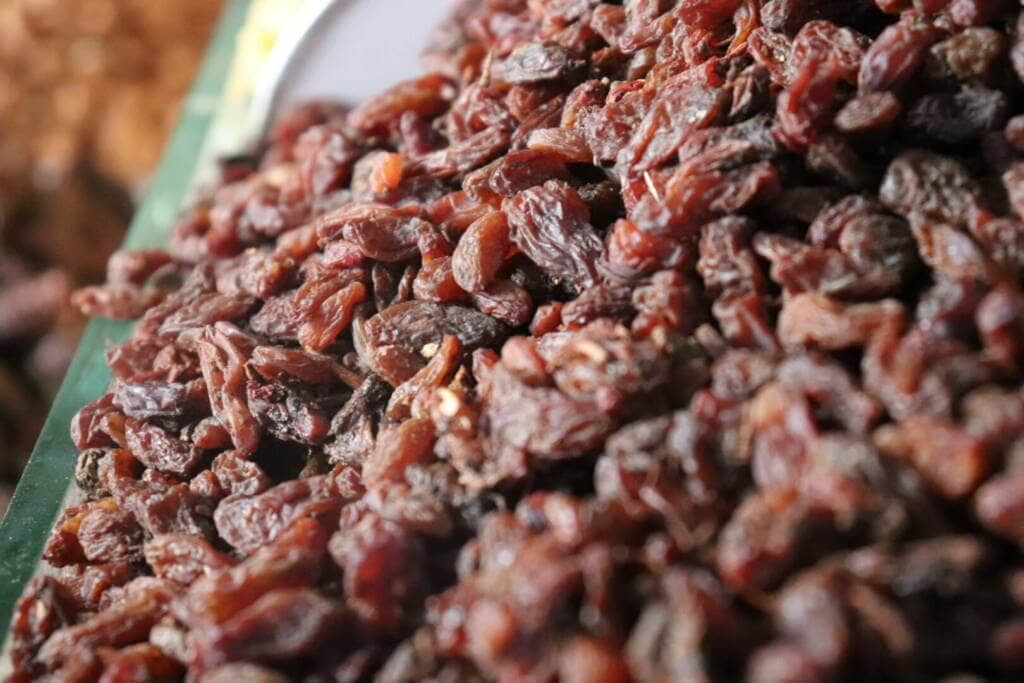Highlights
A large-scale nationwide clinical study reports its findings. It showed that high-dose Vitamin D supplementation does not lower cancer or malignancy incidence (risk). In addition, supplementation does not help prevent prostate, endometrial, lung, breast, pancreatic, and other primary cancers. However, it did have a minor positive effect on non-obese individuals.
Vitamin D & Cancer Risk: vitamins D and omegA-3 trial (VITAL)
A prospective clinical study performed by researchers at the Department of Medicine, Brigham and Women’s Hospital and Harvard Medical School showed the relation between Vitamin D and cancer. The National Institute of Health (NIH) funded this research. The main aim was to find if Vitamin D supplementation helps prevent cancer. The results of this prospective VITAL study (VITamin D and omegA-3 trial) (NCT01169259) are in the New England Journal of Medicine (Manson JE et al, New Engl J Med., 2019).

Key highlights of the trial design, scientific rationale, and results are below:
Trial Design for VITAL Study
- There was a total of 25,871 participants in this study, which included 50 year
- old men and 55 years and older women.
- The experimental participants consumed 2000 IU of Vitamin D3 (cholecalciferol) supplements per day (2-3 times the recommended dietary allowance). The placebo group had no Vitamin D supplementation.
- Enrolled participants had no history of cancer at trial entry.
- The primary endpoint was assessing the diagnosis of invasive cancer of any type. This would help researchers calculate the risk of breast cancer and other major cancers.
- The median follow-up of the participants was 5.3 years.
Foods to Eat After Cancer Diagnosis!
No two cancers are the same. Go beyond the common nutrition guidelines for everyone and make personalized decisions about food and supplements with confidence.
Scientific Rationale for VITAL Study
- Vitamin D supplementation helped prevent breast, prostate, endometrial, lung, and other primary cancers. Additionally, Vitamin D supplementation and cardiovascular disease risk were also inversely proportional. It also helped prevent bone-related disorders in patients. However, the data from observational studies and meta-analysis showed a significant variation in results. Hence, this study explored vitamin D supplementation risks and benefits in a clinical setting.
- The use of Vitamin D supplementation has increased substantially in the US. (Kantor ED et al, JAMA, 2016)
- Observational studies have shown an association between increased sun exposure and body generated Vitamin D with lower cancer rates. (Mason JE et al, Contemp Clin Trials, 2012)
- Further observational studies showed an association between low serum levels of 25- hydroxy Vitamin D and increased risk of cancer. (Yin L et al, Prev. Med., 2013)
- VITAL study assessed Vitamin D supplementation risks and benefits. In addition, the study observed whether large doses of Vitamin D supplementation helped prevent cancer in adults with no prior history of cancer.
Results of VITamin D and omegA-3 trial.
- The randomized trial found no statistically significant difference in cancer diagnosis between the Vitamin D supplement and placebo groups. Vitamin D supplementation was not associated with a lower risk of cancer.
- There was no significant difference in Vitamin D supplementation and cardiovascular disease risk, the incidence of breast cancer, prostate cancer, or ovarian cancer.
- Vitamin D supplementation did not lead to a significantly lower incidence of invasive cancer compared to the placebo group.
- However, results were slightly different for non-obese participants with a normal body mass index. When these participants received Vitamin D supplementation, they had a lower cancer risk. This contradictory information exists because of hormonal dysregulation, which in obese individuals reduces the benefit of Vitamin D supplementation.
In summary, this large-scale, randomized trial study highlighted that high-dose Vitamin D supplementation does not generally result in a lower cancer incidence, except in non-obese people. However, Vitamin D supplementation helps prevent bone-related conditions, so a recommended dose of 400–800 IU/day or 10–20 micrograms is beneficial. Additionally, sun exposure and an improved diet can help replace supplementation.
The food you consume and the supplements you take play a cardinal role in your well-being and long-term health. There are no standard guidelines. Your environment, genetic disposition, oncogenic mutations, diagnosed cancer, allergies, weight, height, and habits greatly influence your diet plan.
Hence, addon offers you a personalized nutrition plan made by professional nutrition experts. They make this plan through intense speculation using the principles of nutrition, molecular science, software engineering, and oncology. With addon, you will have food on your side while you beat cancer.
Get started with your personalized nutrition plan by answering a few basic questions regarding your cancer type, genetic mutation, ongoing treatments, current supplement intake, afflicted allergies, habits, lifestyle, age group, and gender.
What food you eat and which supplements you take is a decision you make. Your decision should include consideration of the cancer gene mutations, which cancer, ongoing treatments and supplements, any allergies, lifestyle information, weight, height and habits.
The nutrition planning for cancer from addon is not based on internet searches. It automates the decision making for you based on molecular science implemented by our scientists and software engineers. Irrespective of whether you care to understand the underlying biochemical molecular pathways or not - for nutrition planning for cancer that understanding is needed.
Get started NOW with your nutrition planning by answering questions on the name of cancer, genetic mutations, ongoing treatments and supplements, any allergies, habits, lifestyle, age group and gender.

Personalized Nutrition for Cancer!
Cancer changes with time. Customize and modify your nutrition based on cancer indication, treatments, lifestyle, food preferences, allergies and other factors.
Cancer patients often have to deal with different chemotherapy side effects which affect their quality of life and look out for alternative therapies for cancer. Taking the right nutrition and supplements based on scientific considerations (avoiding guesswork and random selection) is the best natural remedy for cancer and treatment related side-effects.
